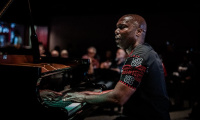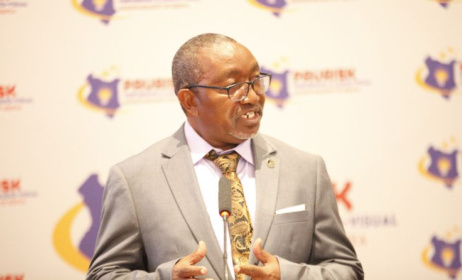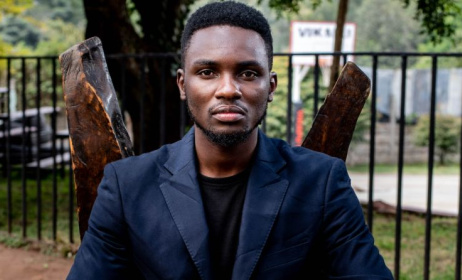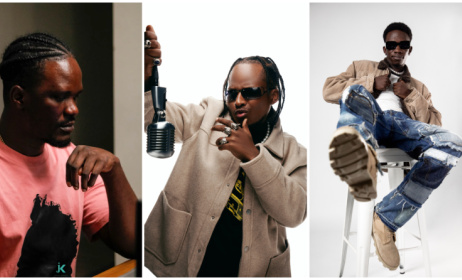Agnes Nonsizi: Controversial publicity doesn't work for all
The quest for finding success in the music business is a difficult one. This is no secret. But what many musicians do not always realise is that behind all the glitz and glamour is a public relations (PR) machine that is vital for creating the right kind of music brands that the public is happy to consume.
 Agnes Nonsizi says publicists have the expertise to tailor an artist’s brand.
Agnes Nonsizi says publicists have the expertise to tailor an artist’s brand.
Many Kenyan musicians quit the business after finding it impossible to sell their music, even if it's of good quality. Now and then an unknown artists makes the big time, seemingly by the luck of the draw.
But Agnes Nonsizi, CEO and co-founder of Terazo New Media, which has worked with musicians like King Kaka and Otile Brown as well as festivals, record labels and lifestyle brands, says that fame is never attained by sheer luck, and those who are labelled as 'overnight successes' toiled behind the scenes, sometimes for years and away from the public eye.
“Their overnight success only happened after they got someone to care about what they were doing, and then told others, including the media, about them,” the 2019 Zuri Award winner says.
Dabbling with lewd or controversial themes and lyrics is one way to get attention, as with the example of Alvindo's 'Taka Taka'. However, this is a short-term strategy that alienates the big-money corporates. Nonsizi says that such situations can be avoided if the artists understand "the importance of working with a media liaison or company that can get you media attention, with blogs, traditional print, radio and TV.”
Although vulgar or sexual content can backfire, Nonsizi does give controversy credit where it's due.
“Singer Akothee is one of the artists who know how to grab media attention by being controversial when it suits them,” she says, adding that a 2017 Khaligraph Jones stunt where the rapper was brought onstage in a coffin did wonders for his brand.
“This was something new for the Kenyan audience and it got everyone talking," she said. "Being controversial does not have to be something negative. And just like how each person has a unique story, controversy cannot be used to market everyone. In most cases, it takes a lot of brainstorming and ideas to get down to how to present an artist in a compelling and creative way.”
She says that artists who wish to get their music to a bigger audience need to consider publicity as a must, with publicists possessing the expertise required to tailor an artist’s brand to reflect media and corporate formats.
“A publicist is a guaranteed long term link between the artist and the media, which is the link between an artist and his or her audience,” Nonsizi says. “My main purpose is to get my clients media attention, with different media. I send them press releases, photos of the artist, MP3s and videos that they can use to populate their platforms.
“To be able to sell a brand, you need to first be a cheerleader. So imagine if you're not feeling the brand or the song and you are just doing it for the money. It gets dangerous because you won't be able to deliver. So I try as much as possible to work with brands that I am passionate about, to allow me to push them to length and give my clients value for their money.”
Yet Nonsizi believes that many artists fail to understand the difference between PR and advertising. “When a publicist approaches the media, there is no guarantee that their artists will be featured or given airtime. We can't always control what makes it to print or broadcast media.
"That's why as a publicist it is important to understand the brand you're working with. For example, if you are working with a young artist, then approach the media platform that has a youthful audience. The statistics are easily available.”




























Comments
Log in or register to post comments